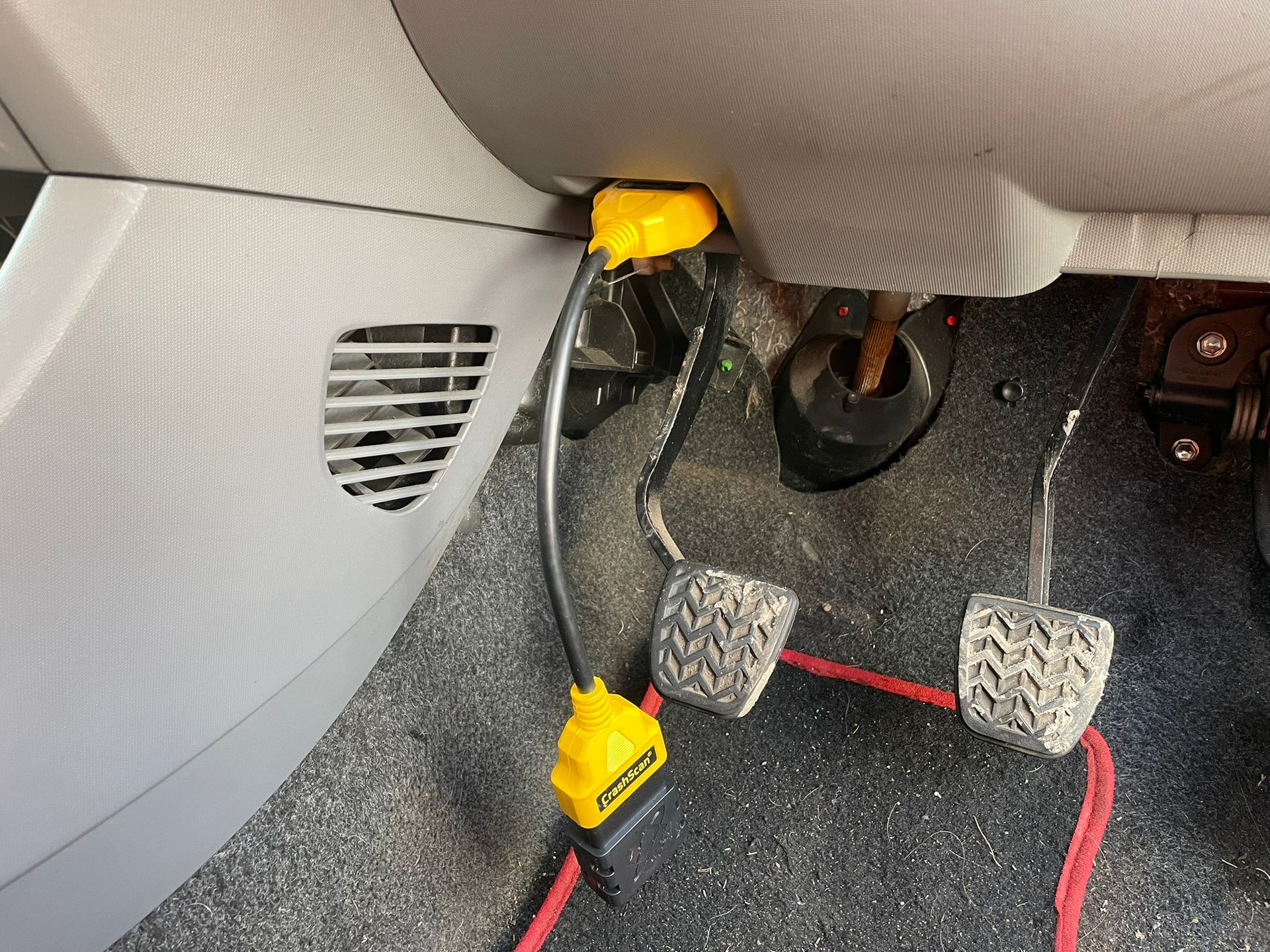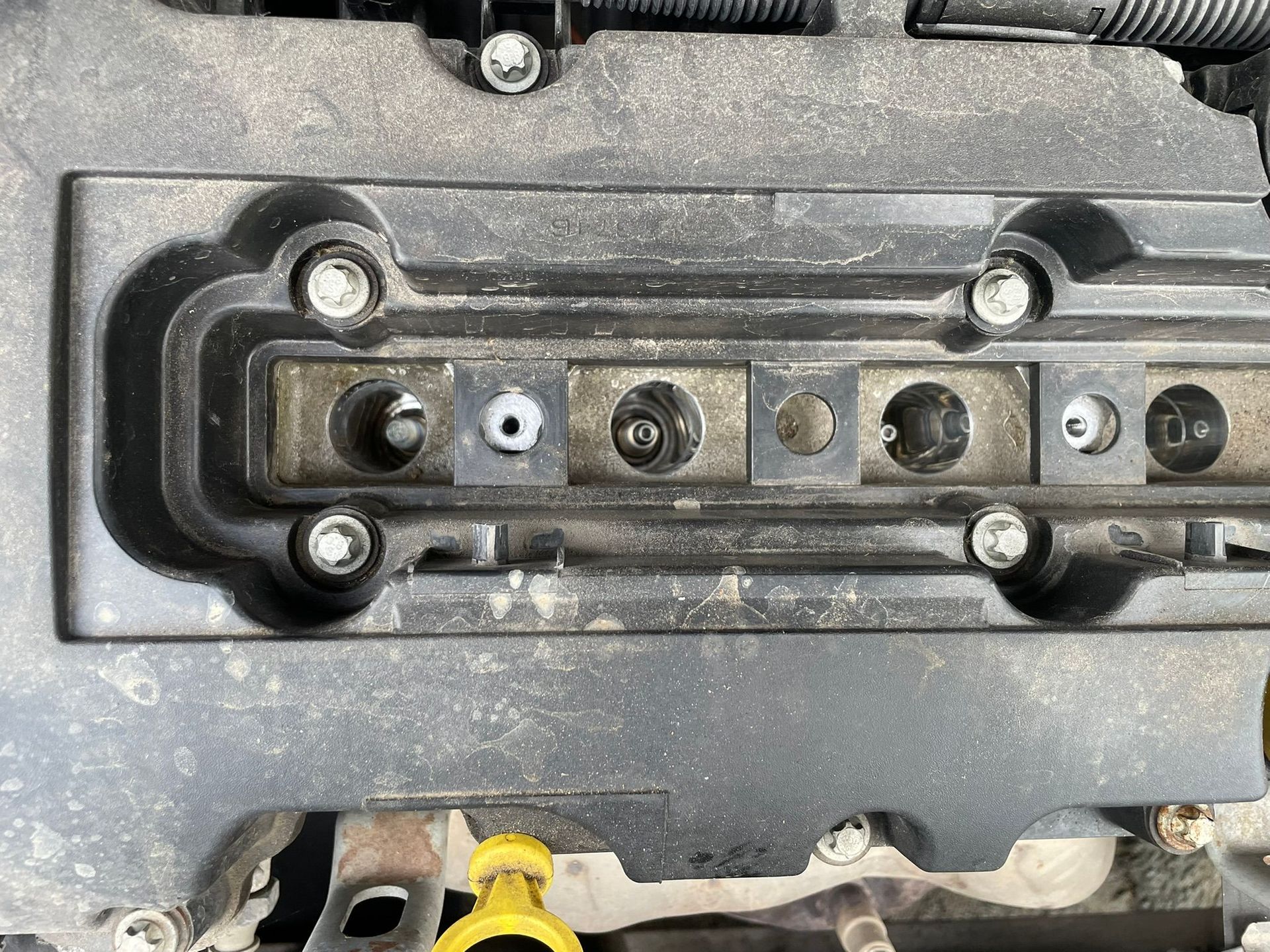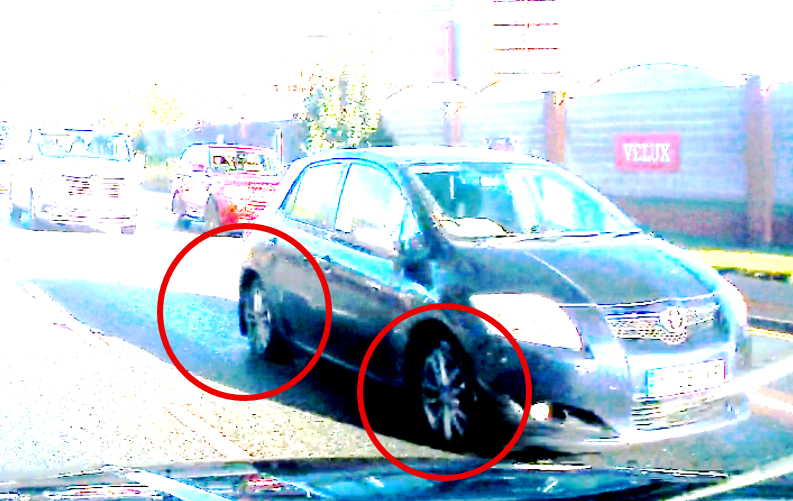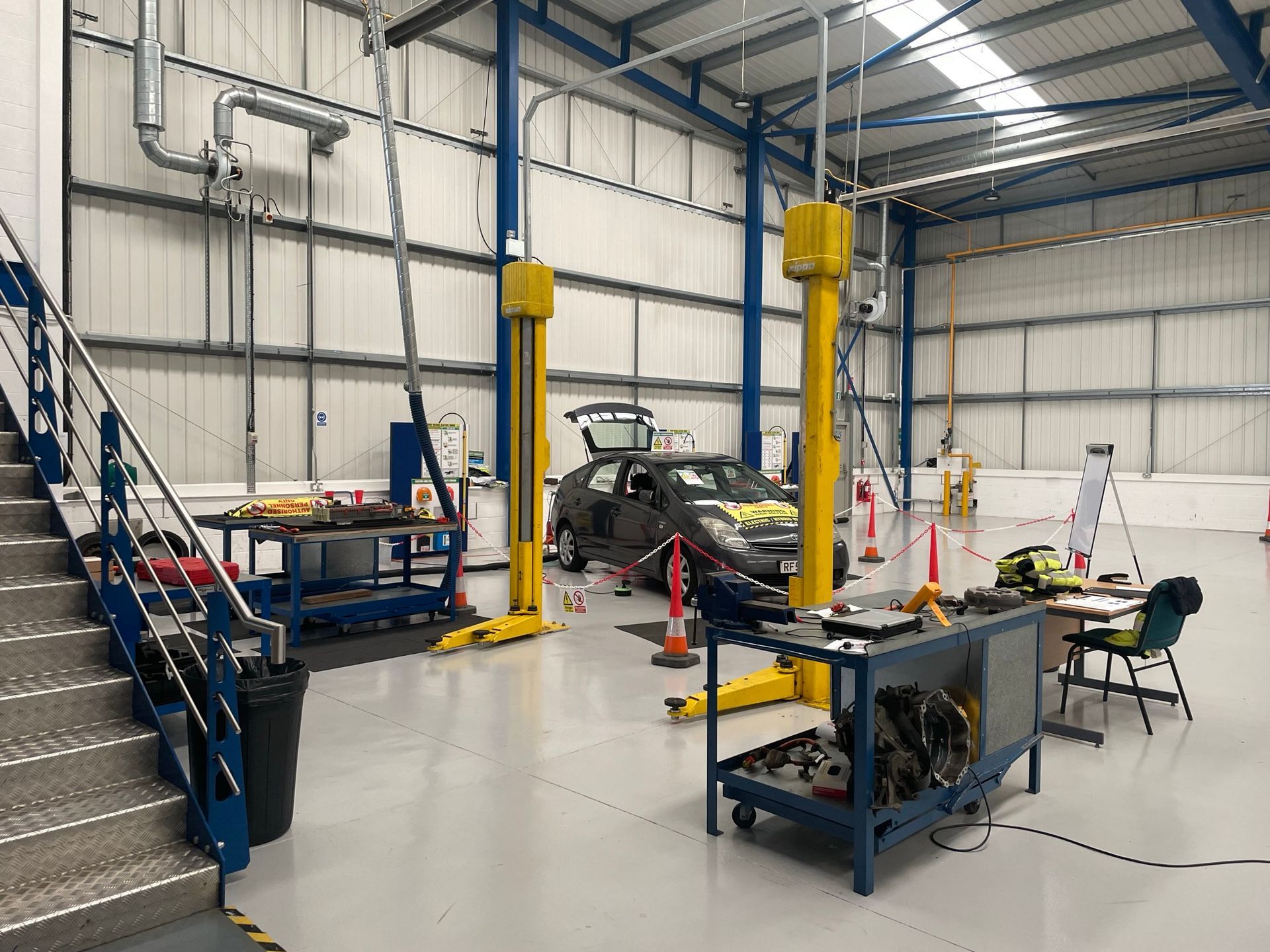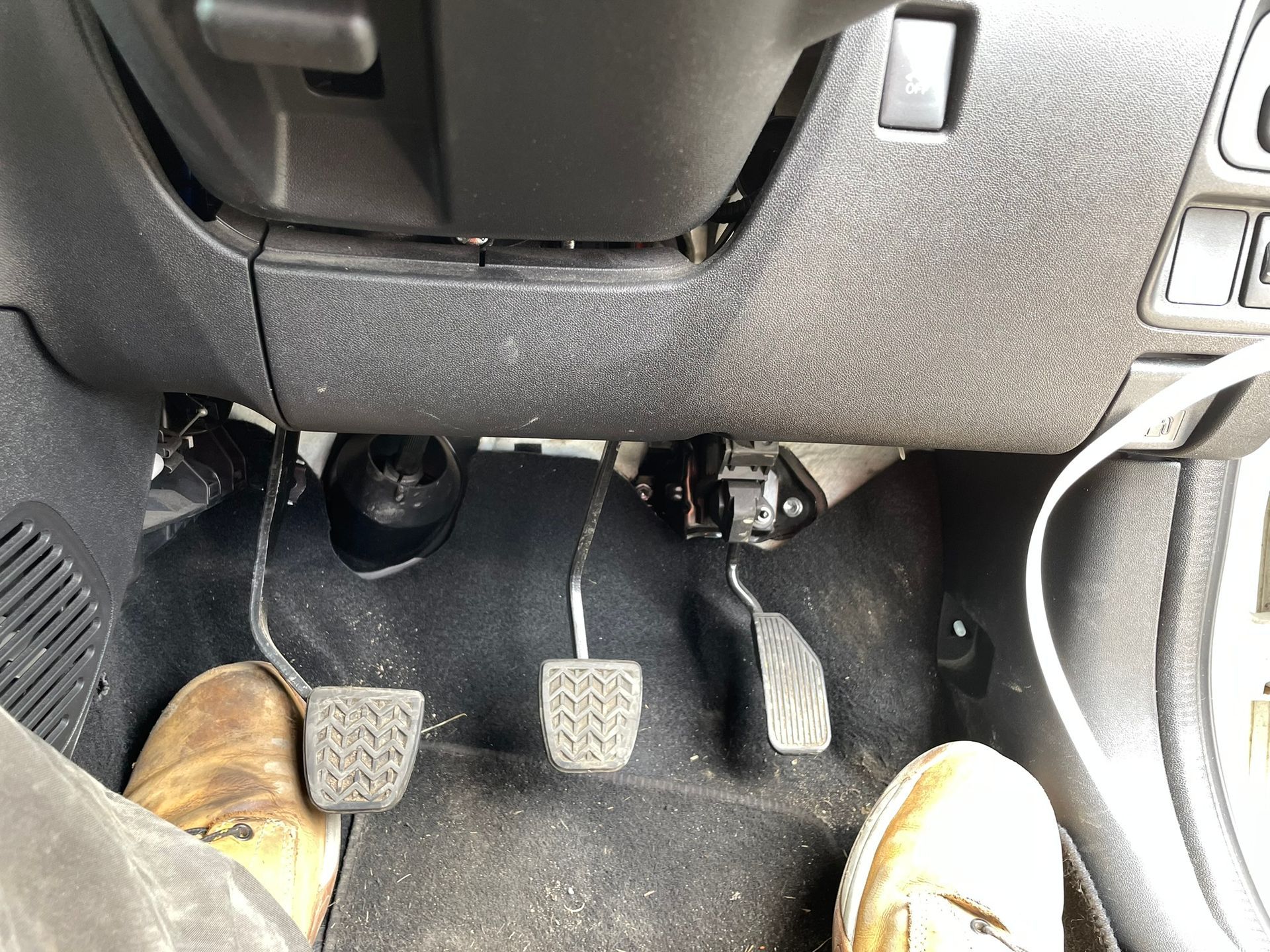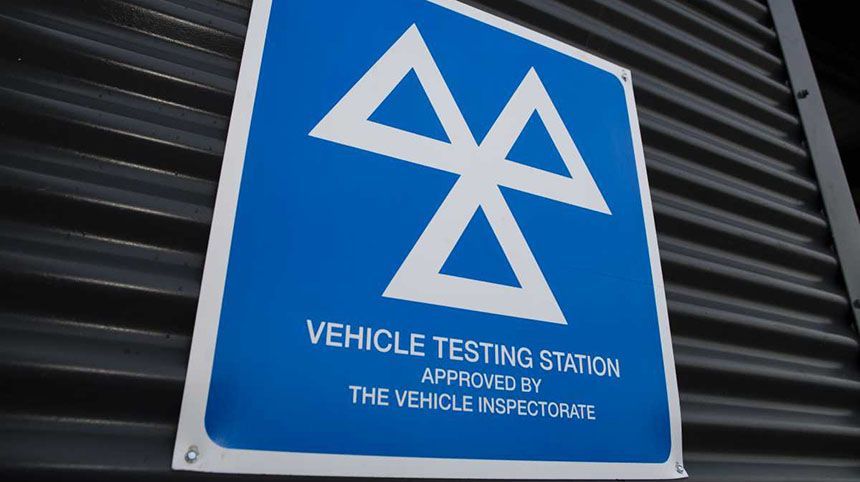Car insurance claim repudiated?
Has your Mercedes been involved in a collision and your insurance has repudiated the claim? Have you accessed your Mercedes EDR (Mercedes event data recorder)?
Your Mercedes EDR can provide an independent witness to determine exactly what happened. It can be used in support of an insurance claim to determine who did what and when.
Driven Forensics forensic vehicle examiner can help you access and interpret your Mercedes EDR.
What information can your Mercedes EDR provide?
The information provided from your Mercedes EDR will change model to model, but it generally includes vehicle speed, engine speed, whether the brake and accelerator pedals were being depressed and if so, by how much, which seats were occupied and who was wearing seatbelts and more.
The next question. Does my car have an event data recorder?
The easiest way to answer that question is to contact Driven Forensics today. We only need to know the make, model and year of registration. We can then use this information to determine if your Mercedes has an EDR.
Last question, how long does EDR data last?
How long EDR data lasts and whether any data is recorded largely depends on the manufacturer and how they have set the parameters for the EDR. Some vehicles retain information indefinitely, some overwrite after a set period of time, some may even overwrite based on the number of times the ignition has been turned on and off, also known as an ignition cycle. The best advice we can give you is to seek advice as early as possible. This gives us the best opportunity to determine whether any data is stored and to download (or image) that data.


